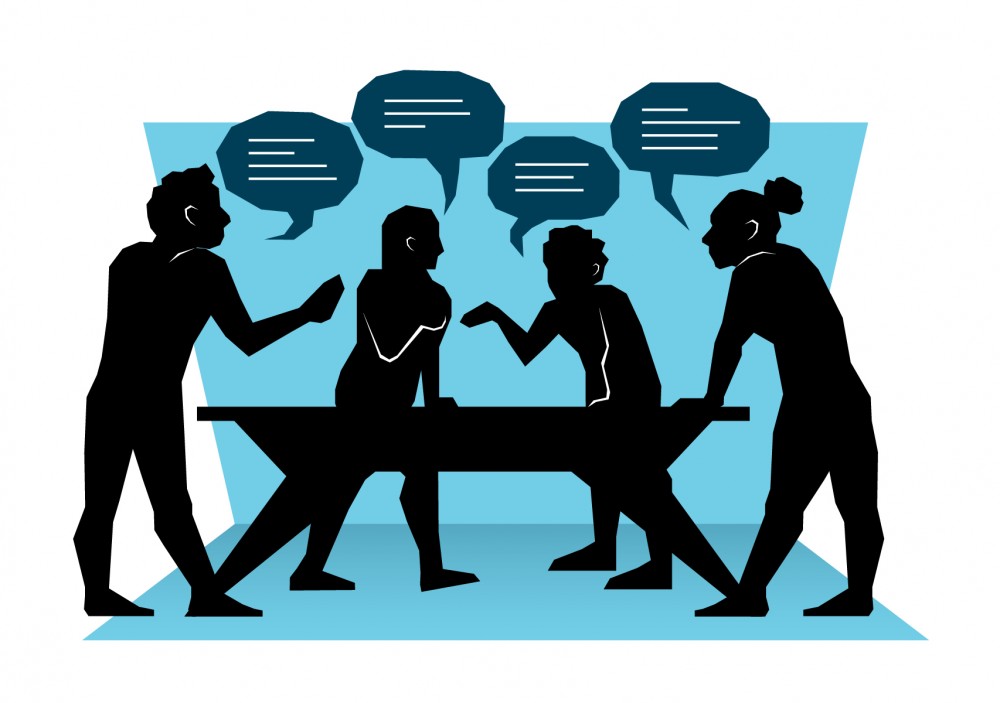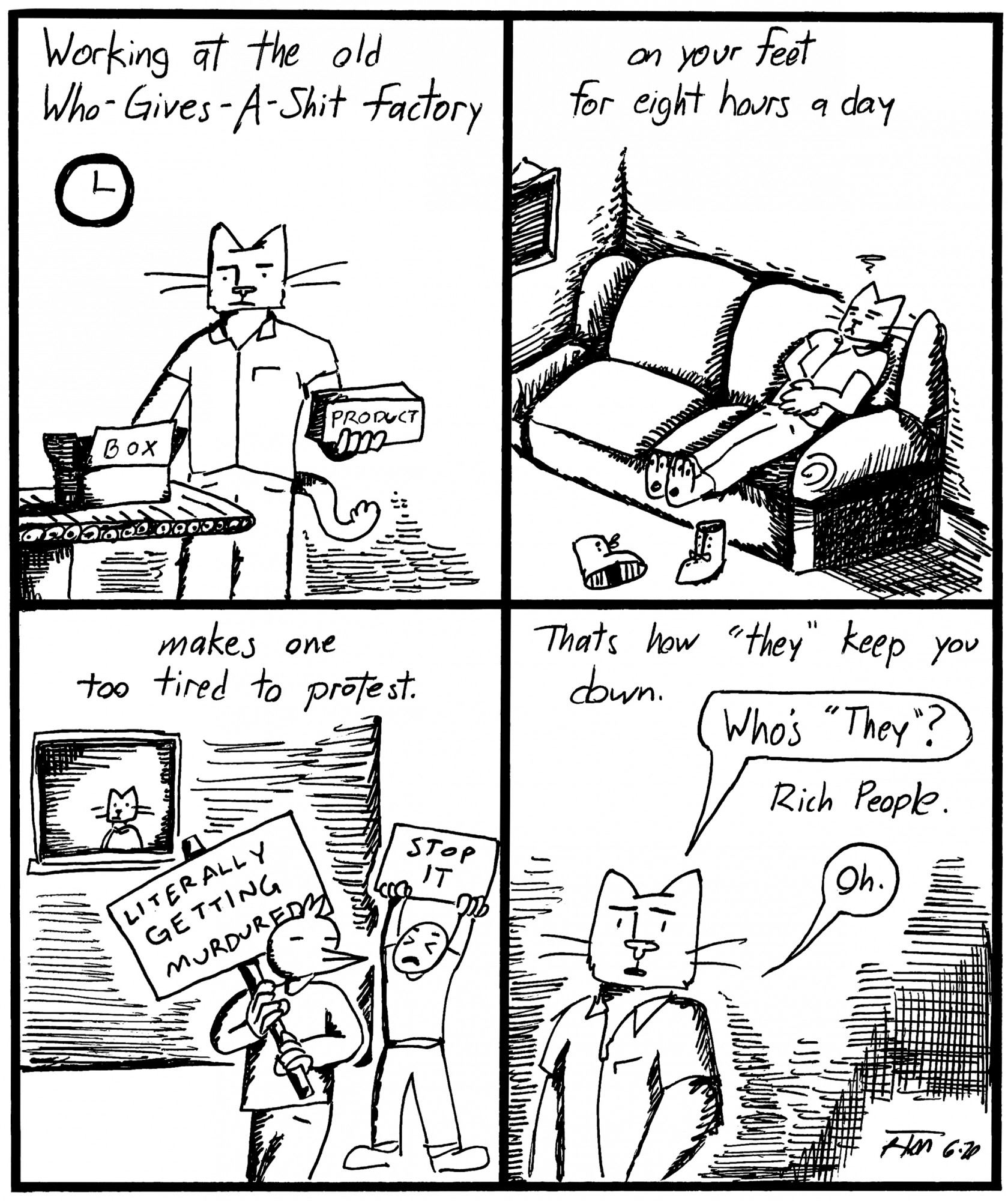Stacy Yuan and her friend, Charlie Wen, were walking in Uptown after dinner when a man yelled “coronavirus” in their direction and took off through lanes of traffic to get to the other side of the street. Charlie was wearing a face mask to protect against the contagious disease.
This was the first blatant act of racism she had experienced. Her friend Charlie could not say the same. Her partner, who attends Hamline, was recently asked by a faculty member if Charlie had coronavirus. They wanted to know if she had been screened for it because she had just come back from China, she told the Daily editorial board.
“It also has to do with race,” Wen said. “They see a face that’s not white as a symbol of otherness.”
The coronavirus, named COVID-19 by the Center for Disease Control and Prevention, is a contagious disease that originated in the city of Wuhan, China, and has since spread to 61 other countries, the U.S. included. As of March 1, the global death toll from the virus is at nearly 3,000 people, a majority of which have been in mainland China.
For this very reason, Yuan says that students on campus should spread compassion, not fear.
“Instead of being scared, maybe comfort the students around you. Because they might have families in the cities that are in complete lockdowns,” Yuan said. International students are already far from home, and for some coming from China, this outbreak can be a very frightening experience. Some students are locked out of their country and their families might not be able to attend their graduation.
Understandably, there is fear circulating around campus. Emails from the University about how to stay safe and healthy on campus have actualized the virus, and have made it seem like a real threat, despite the fact that the virus has not yet been confirmed in Minnesota. There is an understandable desire to prepare for the worst, but it should not be at the cost of the wellbeing of our international students from China.
Yuan said that, in the days following the confrontation, she began to feel uncomfortable around some students on campus.
“I would put on a face mask and head home, but then as I was walking I would see people walking towards me and their eyes, they were looking at me, and it just started to feel uncomfortable,” Yuan said. “And then I would think about what happened, so i’m like ‘whatever, I’ll just take it off.’”
Fear cannot be an excuse to ostracize our peers. During times of great stress, empathy is crucial, and should not come with terms and agreements. How someone looks should not determine their right to fair and unbiased treatment. Facing the numerous unknowns that a potential pandemic brings can make it easy for fear to fester, but targeting the international students from China is a racist, unnecessary act that does more harm than good.









